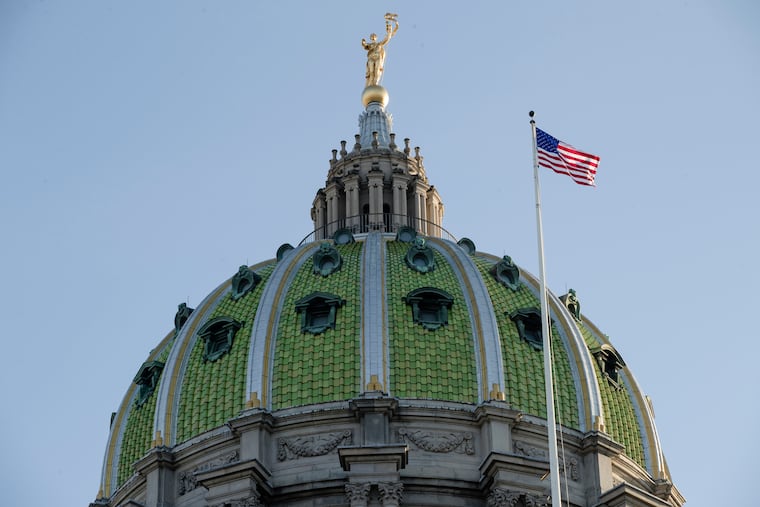Pennsylvania to expand overtime pay eligibility beyond federal thresholds
After three years of work on the issue, Gov. Tom Wolf’s administration said Pennsylvania will become one of a handful of states to expand eligibility for overtime pay beyond federal thresholds.

HARRISBURG — After three years of work on the issue, Gov. Tom Wolf’s administration said Pennsylvania will become one of a handful of states to expand eligibility for overtime pay beyond federal thresholds, starting Saturday.
The Democratic governor first proposed the regulation three years ago amid a repeated failure to persuade the Republican-controlled Legislature to raise Pennsylvania’s minimum wage above the federal baseline.
When it was approved in January by a regulatory board, the new overtime regulation was estimated to expand overtime pay eligibility to 82,000 of the very lowest-paid salaried workers through 2022, delivering another $20 million to nearly $23 million a year in increased earnings after the rule takes full effect.
There are about 2.2 million total full-time salaried employees in Pennsylvania, Wolf’s administration estimated at the time.
The regulation phases in the increase in two steps and requires in 2022 that salaried workers earning up to $875 a week, or $45,500 a year, get time-and-a-half pay for any time they work over 40 hours in a week. The first salary step increase takes effect in 2021 to $780 a week, or $40,650 a year.
Starting in 2023, the salary threshold will adjust automatically every three years.
In January, the Trump administration increased the federal overtime threshold for the first time since 2004, raising it Jan. 1 to $684 a week, or $35,568 a year, from $455 a week, or $23,660 a year.
Advocates for the poor and groups affiliated with organized labor supported Wolf’s regulation, but also said the expansion still leaves workers with far less earning power than they had decades ago.
Opponents, including the Pennsylvania Chamber of Business and Industry and the United Way, contended that it will inflict higher costs on employers and possibly force those with thin margins to lay off employees or slash benefits and wages.
The chamber also warned that many employers that will be affected by the rule — including nonprofit organizations, colleges and universities, restaurants and small retailers — are among those hit hardest by the pandemic's shutdowns and fallout.
But a pair of studies on the 2004 overtime expansion showed positive outcomes for workers, the National Employment Law Project has said.
Those studies predict that employers will increase the salaries of some employees to keep them exempt and some will start paying overtime to newly eligible employees, it said. Other employers will juggle the hours and pay of workers and even hire more workers to avoid paying overtime, it said.